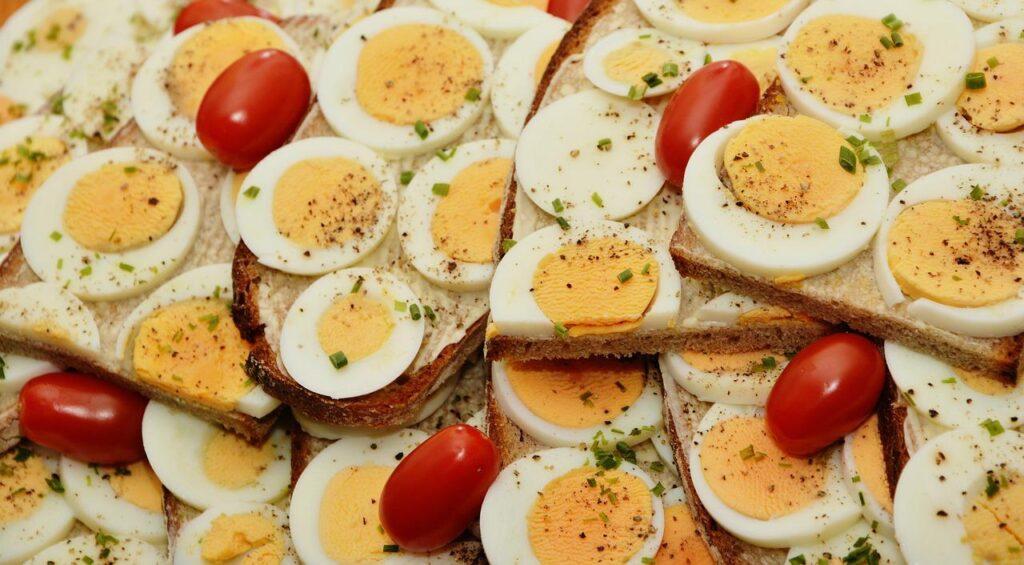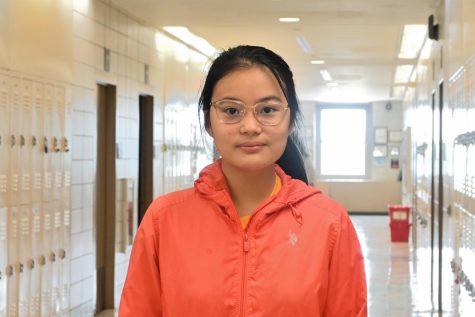
Exiting the cafeteria doors or approaching the lobby entrance, a spread of hot cheetos, ramen noodles, and spring rolls is laid out on two long wooden tables. “TWO BROWNIES FOR A DOLLAR,” a girl in her club hoodie yells enthusiastically at passerby in an attempt to lure customers from the oncoming foot traffic. A swath of students starts to form, crowding the neat arrangement of snacks and beverages.
Student fundraising initiatives are imperative in sustaining many of the extracurricular activities at Townsend Harris. For many clubs and teams, bake sales are a popular, lucrative option. To get a sense of the preparation that occurs behind the scenes of these efforts, The Classic spoke to club leaders and other Harrisites about their experiences with bake sales post-pandemic.
Before they are allowed to occur, students must ensure the administrators are aware of the bake sales and get their permission in advance. A new bake sale approval system was implemented this year where students are required to schedule their fundraiser through a Google Calendar with the Coordinator of Student Activities (COSA) Nicole Gleizer. “Then you just have to make sure you have enough things to sell,” said sophomore Kaia Lain, who helped fundraise for the Boys Volleyball Team and the Period Club. “Preparing for [the Boys Volleyball bake sale] was fairly easy, we just asked a lot of the boys from the volleyball team to bring stuff. I also did a bake sale with Period Club [in which] we gave community service to people who brought stuff for our bake sale.”
Items that are sold during the bake sale are usually prepared ahead of time as well. Senior Jennifer Quisi who managed the Red Cross and Science Olympiad fundraisers, both clubs in which she holds leadership positions, said, “If the club is bringing in goods, then we purchase them the week of the bake sale to ensure the goods are still in a good state. This may include cup noodles, brownies, cupcakes, etc.”
However, despite how the majority of the goods that are sold at the bake sales are food items, there are few Harrisites who create and sell accessories or plushies. Although these items are more costly, they are also popular among students. Sophomore Kayla Kha who managed the Culinary Connections fundraiser explained the process of creating the items. “Preparing for the bake sale was fun because I made rings and crocheted bread plushies, which [was] pretty stress-relieving things to make,” she said. “I think holding bake sales in school is a good way to make money for clubs or events and that it’s a good way for students to show their support for these things as well.”
During the actual days of the bake sale, most clubs tend to put objects on a black cart outside the Assistant Principal of Organization Ellen Fee’s office or in that of a club advisor. They then set up the bake sales after school or when they have free time. Senior Lynda Irizarry, who plays Sebastian the Crab in the school production of the Little Mermaid, said “We would bring whatever food we were selling to Mr. Dunbar’s office some time during the day. On the day of our first bake sale, we started setting up in the lobby during fourth band and made signs to show what the bake sale was for and the prices of everything.”
Lynda also added how the experience allowed her to be closer with her peers. “I thought it was a lot of fun to help prep because it was me and my friends running around trying to get everything sorted out,” she said. “It was a bit stressful, but we always know how to make it fun.”
Not only do bake sales offer a viable method for club members to earn a profit, the events also help spread more promotional awareness of student activities. Junior and stage manager for the Little Mermaid musical Elyssa Lee said, “The bake sale was definitely beneficial as it allowed us to spread word about the musical and get people hyped for it and we made money off of it that we could spend on things, like costumes and set construction.”
Although many of the bake sales that have been currently held have seen degrees of success, some club leaders said there is still room for expansion and improvement in the future. Lynda said, “I hope that in the future, there is a more diverse array of food options. I think more savory foods would be cool to sell (as long as they’re pre-packaged).”
Jennifer described how it would be beneficial if bake sales were held at a specific time of the day.“I think moving forward if more lunch band bake sales could be held, that would be ideal. However, only if it is safe to do so since COVID-19 is still prevalent,” she said.
Numerous students who often buy goods at the bake sales enjoy the additional food options that are available to them, especially during their lunch bands. Sophomore Ying Chen who has occasionally purchased goods at bake sales said, “I think Science Olympiad was selling things in front of the cafeteria one time so I got their brownies. There’s often a lot of crowding where people are selling so you’d expect the buying process to be long, but it’s actually pretty quick and satisfying. I think they’re beneficial for students to gain experience selling and managing things.”




























